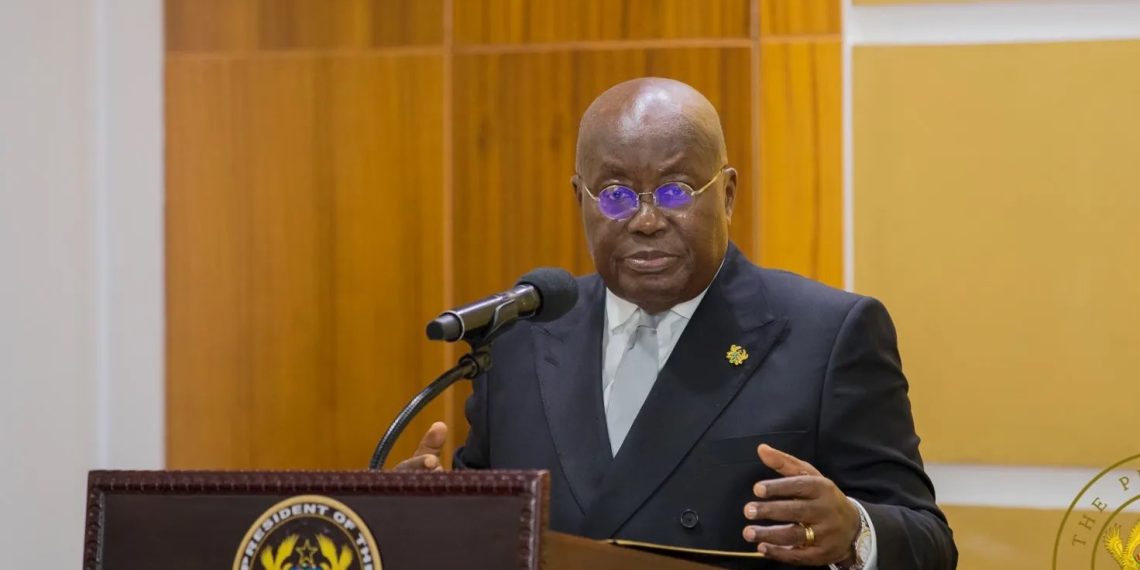
In anticipation of President Nana Addo Dankwa Akufo-Addo's last State of the Nation address tomorrow, there are several key areas of focus that citizens, stakeholders, and international observers can expect.
This symbolic speech is set to outline the government's agenda, achievements, and future plans, addressing the challenges and opportunities facing Ghana.
Here are five things to expect from the address:
1. Economic Recovery and Fiscal Policies
Given Ghana's recent economic challenges, including inflationary pressures and a public debt crisis, President Akufo-Addo is expected to detail strategies for economic recovery and stabilization. This may include measures to curb inflation, boost domestic revenue, and manage the country's debt, alongside updates on the IMF bailout discussions and their implications for Ghana's economy.
2. Infrastructure Development and Energy Sector Reforms
The President is likely to highlight achievements in infrastructure development, focusing on roads, schools, hospitals, and energy. Special attention may be given to ongoing and future projects aimed at enhancing Ghana's infrastructure. Additionally, reforms in the energy sector, aimed at ensuring stability and efficiency, could be a significant part of the address, reflecting the government's commitment to sustainable development.

3. Education and Health Care Improvements
Education and health care are always critical components of the State of the Nation Address. Expect updates on initiatives like the Free Senior High School (SHS) policy and efforts to improve the quality of education at all levels. In health care, the President may discuss advancements in public health infrastructure, access to medical services, and responses to health crises, including the ongoing management of the COVID-19 pandemic.
4. Agricultural Sector Enhancements and Food Security
Agriculture remains a cornerstone of Ghana's economy and a vital source of livelihood for a significant portion of the population. The President might outline policies and programs aimed at boosting agricultural productivity, enhancing food security, and supporting farmers through technology, improved seedlings, and access to markets. This could also include strategies for addressing climate change impacts on agriculture.
5. Governance, Anti-Corruption Measures, and Social Policies
Governance and anti-corruption efforts are likely to be addressed, with President Akufo-Addo reaffirming his administration's commitment to transparency, accountability, and the rule of law. He may outline progress in anti-corruption measures and public sector reforms. Additionally, social policies concerning gender equity, social inclusion, and support for vulnerable populations are expected to be highlighted, showcasing the government's dedication to fostering a just and equitable society.
Read Full Story

















Facebook
Twitter
Pinterest
Instagram
Google+
YouTube
LinkedIn
RSS